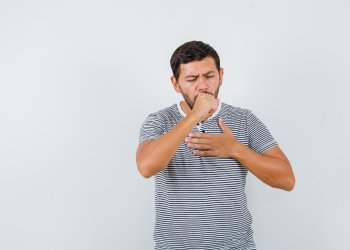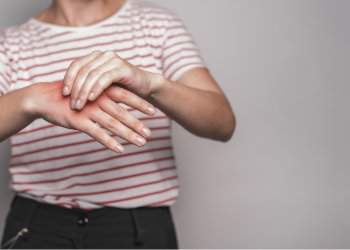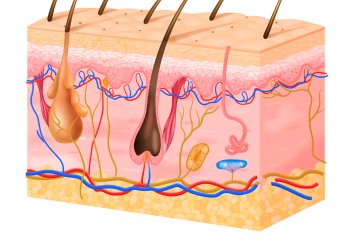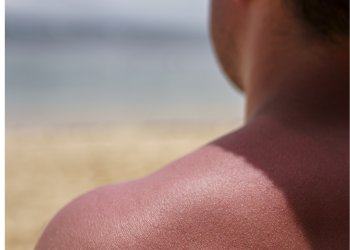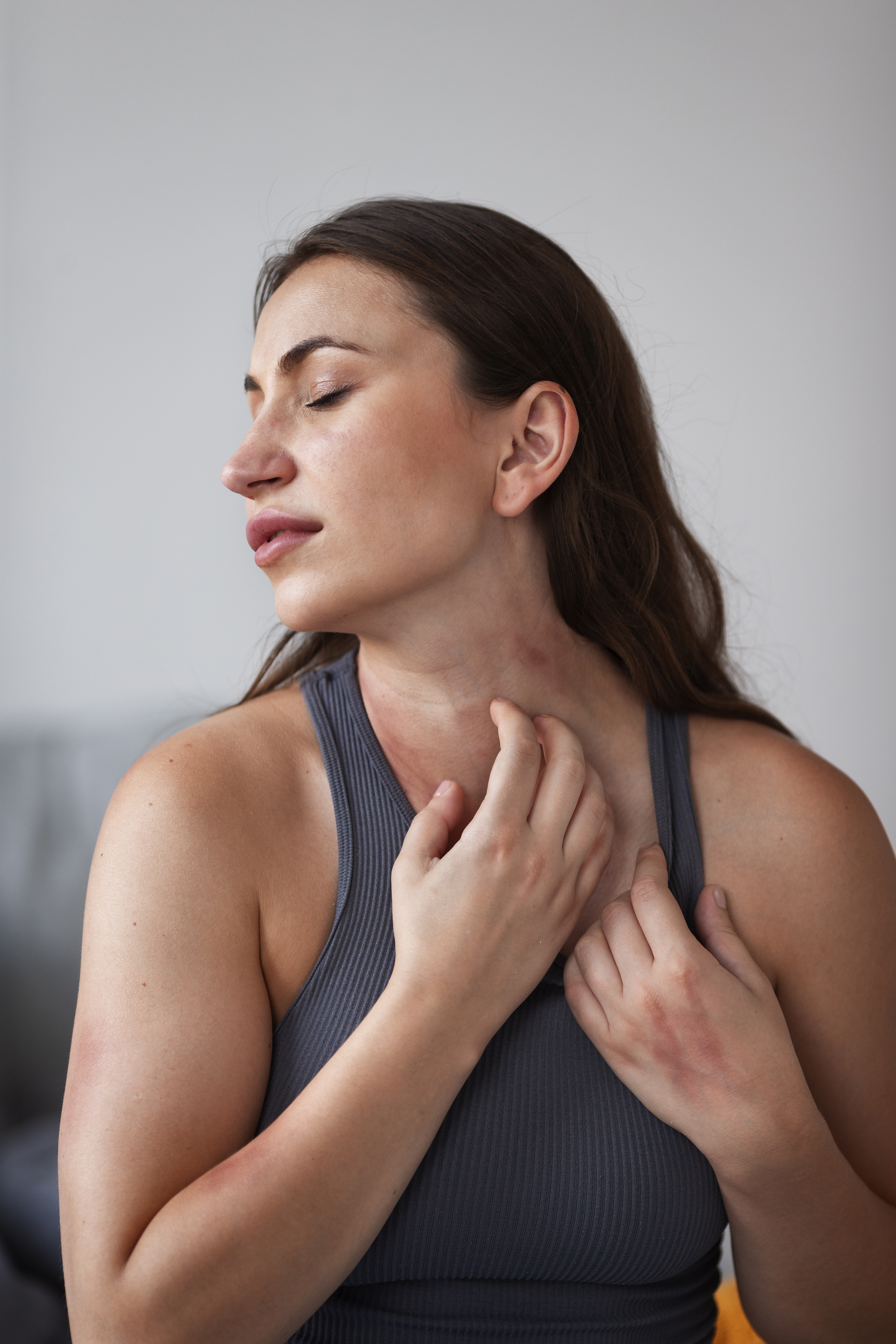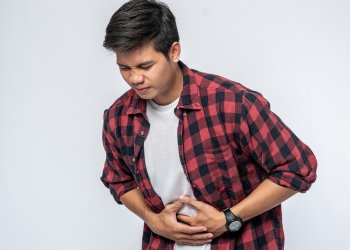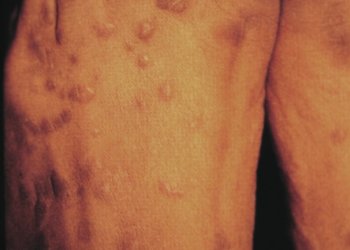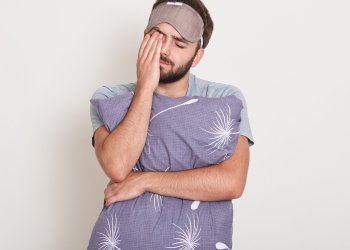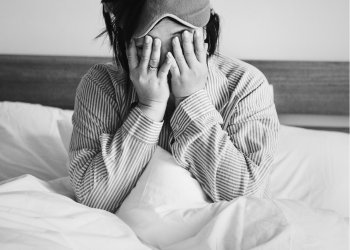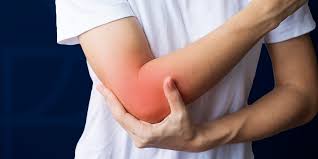
CHICKENPOX
Chickenpox is an infection
that causes an itchy, blister-like skin rash. A virus called varicella-zoster
causes it. Chickenpox is highly contagious. But it’s much less common today
because there’s a vaccine that protects you from it.
Children are the most susceptible to getting chickenpox, although you can get
it as an adult, too.
Once you’ve had chickenpox, you won’t catch it again from another person. You can get chickenpox at any age.
SYMPTOMS
The three stages of chickenpox usually refer to the way the rash looks:
Stage 1 is a
red and bumpy rash. This can last a few days.
Stage 2 is a
fluid-filled blistered rash. The blisters break open after about one to two
days.
Stage 3 is
when the blisters scab over. This stage also lasts a few days.
Even though the rash goes
through three stages, you could have all types of bumps at the same time. This
means some bumps can be forming while others are already breaking open. The
entire rash can last up to about 10 days.
Usually start getting
chickenpox on your face and trunk (your chest and your back). From there, it
spreads to the rest of your body all the way to your fingers and toes.
Symptoms of chickenpox usually happen in the
following order:
Low-grade
fever.
Feeling tired.
Headache.
A stomachache
that makes you not want to eat.
A skin rash
that’s very itchy and looks like many small blisters.
Bumps filled
with a liquid that looks like milky water.
Scabs after
the blisters break.
Skin that
looks blotchy.
Crusty spots
that fade away.
CAUSES
A virus causes chickenpox.
Viruses spread when a person with the virus gives it to another person either
through bodily fluid (coughing, sneezing, etc.) or bodily contact (touching the
rash).
Chickenpox spreads by:
Coming in
contact with someone who has chickenpox.
Breathing air
from an infected person who sneezes or coughs.
Coming in
contact with fluids from an infected child's eyes, nose or mouth.
COMPLICATIONS
Complications from
chickenpox are unlikely but possible. They may include:
Bacterial infections of your skin,
blood and soft tissues.
Encephalitis or Reye’s syndrome.
Issues with
how your blood clots.
Liver problems.
Even when chickenpox was
prevalent, healthy children generally had mild cases of chickenpox. But
chickenpox can cause more serious symptoms in adults over 18.
RISK FACTORS
Babies whose
mother didn’t have chickenpox or the vaccine.
Pregnant women who didn’t have chickenpox.
Anyone over
18.
People
with immune system disorders.
People
undergoing chemotherapy.
People who had
an organ transplant.
Diagnosis and Tests
Signs of chickenpox are
easy to see. Healthcare providers often can look at your skin and know if you
have chickenpox.
Management and Treatment
Press a cool,
moist rag on the rash.
Keep your
child cool.
Encourage your
child not to scratch. Trim their fingernails so they can't scratch.
Put a lotion
on the rash.
Get cool bath
or shower every day. You can also get oatmeal bath. When you’re drying them
off, don’t rub them with the towel.
Take plenty of
water and fluids to prevent dehydration. A soft, bland diet can help if they
have blisters in their mouth.
FAQs
How long is chickenpox contagious?
Chickenpox is contagious
until all bumps on your body are scabs. If you have any fluid-filled blisters
that haven’t broken or scabbed over, you’re still able to spread the virus.
How many days does it take to recover from chickenpox?
Chickenpox usually goes
away after 10 to 14 days.
Can adults get chickenpox if they had it as a child?
When children get
chickenpox, their bodies fight the illness by making a substance called antibodies. The antibodies fight the virus
and help their body get well. These antibodies stay in your body throughout
your life. So, if you come in contact with the virus as an adult, the
antibodies are there to fight the virus off.
Can you get chicken pox twice?
It’s rare for anyone to
get chickenpox twice, but it can happen.
HOMEOPATHY
Homeopathy is a system of medicine which offers preventive
medications when it occurs in a community or a home. Also homeopathic remedies
can be used for complications from coming up.
Homeopathic medicines
Sulphur
Rhus tox
Bryonia

